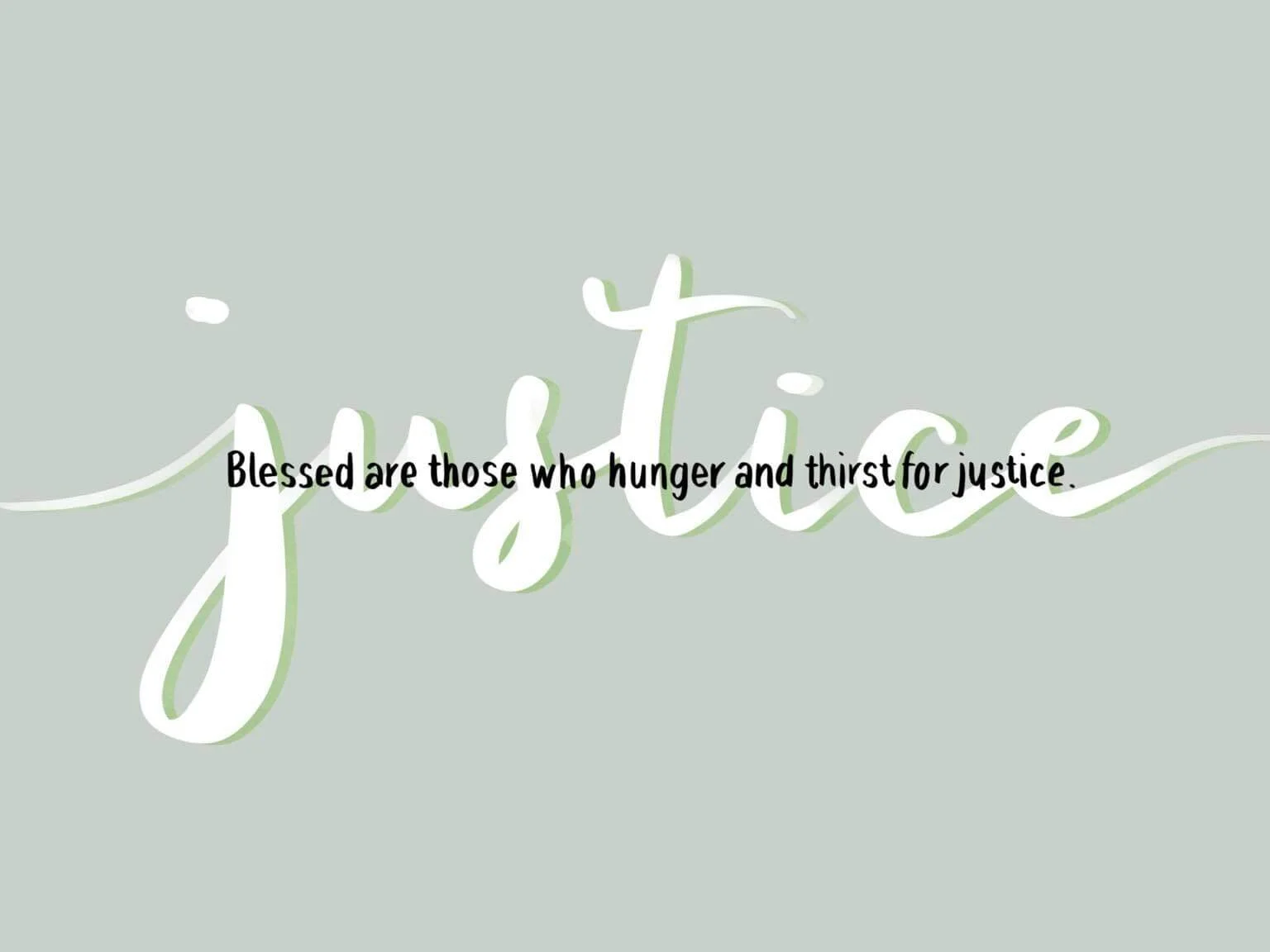Earnestly Desire the Spiritual Gifts!
Allen Dixon
I am sure that you, like me, have found our recent talks at church on the gifts of the Holy Spirit in 1 Corinthians 12-14 very encouraging!
I grew up in a church that didn’t really know anything about spiritual gifts – even though it’s right there smack in the middle of the New Testament, the authoritative document of our Christian faith. We knew about people who had a “gift” of speaking clearly or baking well. But the gifts of the Spirit are something quite different – these go straight back to the beginning of the Christian church. In the book of Acts chapter 2, the first Christians were filled with the Holy Spirit and began to speak in unknown tongues in worship to God. The rest of the New Testament shows time and time again how Jesus worked through his followers supernaturally through gifts that they hadn’t been born with but that God’s Holy Spirit activated within them – to heal people, to speak God’s specific word to people, to have supernatural wisdom and knowledge about what to do and what was going on.
These spiritual gifts didn’t end when the last of the original apostles died, but we see the Christian leader Irenaeus in the second century explained how these spiritual gifts worked. In the third century AD the Christian leader Novation explained the spiritual gifts and how Christ uses them to perfect and complete his church. Even St Augustine in the 4th and 5th century AD, who was thought to have been rather sceptical about spiritual gifts, later in life talked about a blind man and other miraculous healings that had taken place recently.
In 1 Corinthians 14, Paul talks about two particular spiritual gifts in particular – (1) the gift of prophecy, which is – simply put – understanding and giving out God’s specific message on a particular issue or situation. And (2) he talks about the gift of speaking in tongues – which you might call a supernatural prayer language – which helps us communicate with God when English or our other human language is just not good enough! Paul says basically three things about these gifts.
1 - Follow the way of love, and eagerly desire the gifts of the Spirit, especially prophecy!
Before Jesus came, prophecy was sort of looked at as a job description – this person is a prophet, the rest of us are not prophets. I think sometimes in the church today we still see roles in the church and spiritual gifts as something that only professional church leaders have, and the rest of us punters only admire from a great distance!
But as Jesus was returning to heaven after his resurrection he told his followers – “You will receive power when the Holy Spirit comes on you. You will be my witnesses to the ends of the earth. You will speak with new tongues, you will lay your hands on the sick and they will recover.” (Acts 2:8, Mark 16: 17-18). Not just the original twelve apostles or our professional church staff, but you, you, you! There are some people who regularly exercise the gift of prophecy in the church, and the Bible for example in 1 Corinthians 12 talks about these people as “prophets”. But they’re not the only ones that can exercise this gift. What does Paul say – eagerly desire the gift of prophecy. You, you, you!
What does this look like in the New Testament and in today’s church? This receiving and giving of God’s words for the moment is more interactive, more of a personal and group dynamic than we saw in the prophets of the Old Testament. In 1 Corinthians 12 the Bible calls this a gift of wisdom and a gift of knowledge, which is given out as the Spirit leads. The Bible also says in 1 Thess. 5:20-22 that we should “not treat prophecies with contempt but test them all; hold on to what is good, and reject any kind of evil.” We should listen for, pray about, and weigh up whether it’s God and what kind of wisdom or knowledge he may be giving in a particular situation. But we can be confident that he can and does still speak to his people prophetically.
A couple of examples of prophetic words I’ve had and seen: One was a few years back when I was thinking about leaving my professional job at that time and starting my own consulting business. I was very concerned about the finances – who would hire me, how much they might pay me – starting off with an income of zero rather than a routine deposit to my bank account. Karen and I had been praying about this, and we went to a meeting where people were praying, giving what they felt were God’s prophetic words of wisdom and knowledge to each other, and weighing up what was said. Someone came over to me and said, “I noticed the pocket on your shirt, and I feel like the Lord is saying he wants to put money in your pocket.” I thought, wow, this speaks directly into my concern about our finances if I was to go self-employed. And about ten minutes later, on the other side of the room, someone else came up to me and put a £5 note in my pocket. I got the message of that word of prophecy – God was going to take care of our finances if I went self-employed, which I did, and he did!
One more quick example. Karen and I were leading an Alpha group at a church we attended in London, and we were praying for our visitors and I had a sense or a ‘picture’ of a particular person in the group who didn’t yet believe in Jesus, and the picture was that he had some sort of damage or blackened area on his left shoulder. We gave out the words like this to the group without mentioning this guy or any other particular people, and used some ‘comfort words’ so they could test the words and see if they were from God, you know, “I don’t know, but I think the Lord may be saying….someone here has some damage/blackened area on his shoulder.” This particular person looked pretty shocked and his hand shot up – He had had a brick wall fall on his shoulder about three years before, and he had had pretty much constant pain, migraine headaches and loss of sleep since then. The Lord had given us this prophetic word – the Lord’s personal message to this guy. We prayed for the Lord to heal him, and a few days later he told his wife who was a Christian – “Don’t get too excited, but I haven’t had any pain in my shoulder since those people prayed for me at Alpha.” The Lord spoke his prophetic word to him through us – the Lord healed him when we prayed for him – and I guess it won’t surprise you that he became a very happy, enthusiastic believer in Jesus!
2 - Speaks in tongues in prayer to God!
The gift of tongues is a way to communicate with God in a language that God understands but that we or other people may not understand with our earthly minds and language skills. Verses 2 and 3 of 1 Corinthians 14 explain this really well – “For anyone who speaks in a tongue does not speak to people but to God. Indeed, no one understands them; they utter mysteries by the Spirit.” And then again in verse 14 – “If I pray in a tongue, my spirit prays but my mind is unfruitful.” I think this is a really exciting promise, given that our words in English or our other native human language often are not adequate to express what we want to say to God. He can give us a spiritual language – the gift of tongues – by which in our deepest spirit, using words and communications which are mysteries to us and to others, we can communicate in the deepest and most profound way with God.
Second, Paul says the gift of tongues is not the main gift that we exercise out loud when we get together as the church. It certainly sounds like the Corinthians were getting together and all talking so loud and so long in tongues that it was hard to get any other messages through that might have been helpful to those who were gathering. See what Paul says in verse 5 – the gift of prophecy is more useful in a church gathering than the gift of tongues. Verse 27 – if someone does speak in a tongue publicly in church, someone with the gift of interpretation of tongues should interpret that word for the gathering. If there’s no one to interpret, verse 28, the speaker should keep quiet in the church and speak to himself and to God with that tongue.
Paul is not discouraging the gift of tongues here – he says “I thank God that I speak in tongues more than all of you!” (verse 18). But he is saying, look, this is a wonderful and powerful form of prayer between you and God that by all means you should use, but please do this out loud in church only if there’s someone there who can interpret what you are saying for the rest of us!
3 - Use the gifts of the Spirit in ways that build up the church!
I hope it’s obvious to all of us that the gifts of the Spirit are not a matter of personal accomplishment or pride, or something that is only for our own benefit. They are gifts – freely given by God without regard to our own merit – for the purpose of building up all of us in the church. We see this in verse 26 – “When you come together, each of you has a hymn, or a word of instruction, a revelation, a tongue or an interpretation. Everything must be done so that the church may be built up.”
I’ve found that prophecy, tongues and the whole list of other spiritual gifts that Paul lays out can be powerful ways of helping people see the reality of Jesus and experience him saying and doing things that are specifically relevant to their own lives. This can help people believe in Jesus who never had a clue beforehand that he is actually real. These gifts are also wonderful ways of praying for and helping Christian believers who have uncertainty about what’s going on, or have spiritual or physical needs.
In our Belfrey group – as I’m sure happens in yours – we try to take time regularly not just to pray for each other but to listen for God’s words of wisdom, knowledge and prophecy for each other, which we obviously must weigh up to see if they really are from God. But I’ve found that not just our homely advice and sympathy but also God’s specific words which come through his spiritual gifts can be so helpful as we meet and pray for each other.
“Therefore, my brothers and sisters, be eager to prophesy, and do not forbid speaking in tongues. But everything should be done in a fitting and orderly way to build up the church!” 1 Corinthians 14:39-40.












